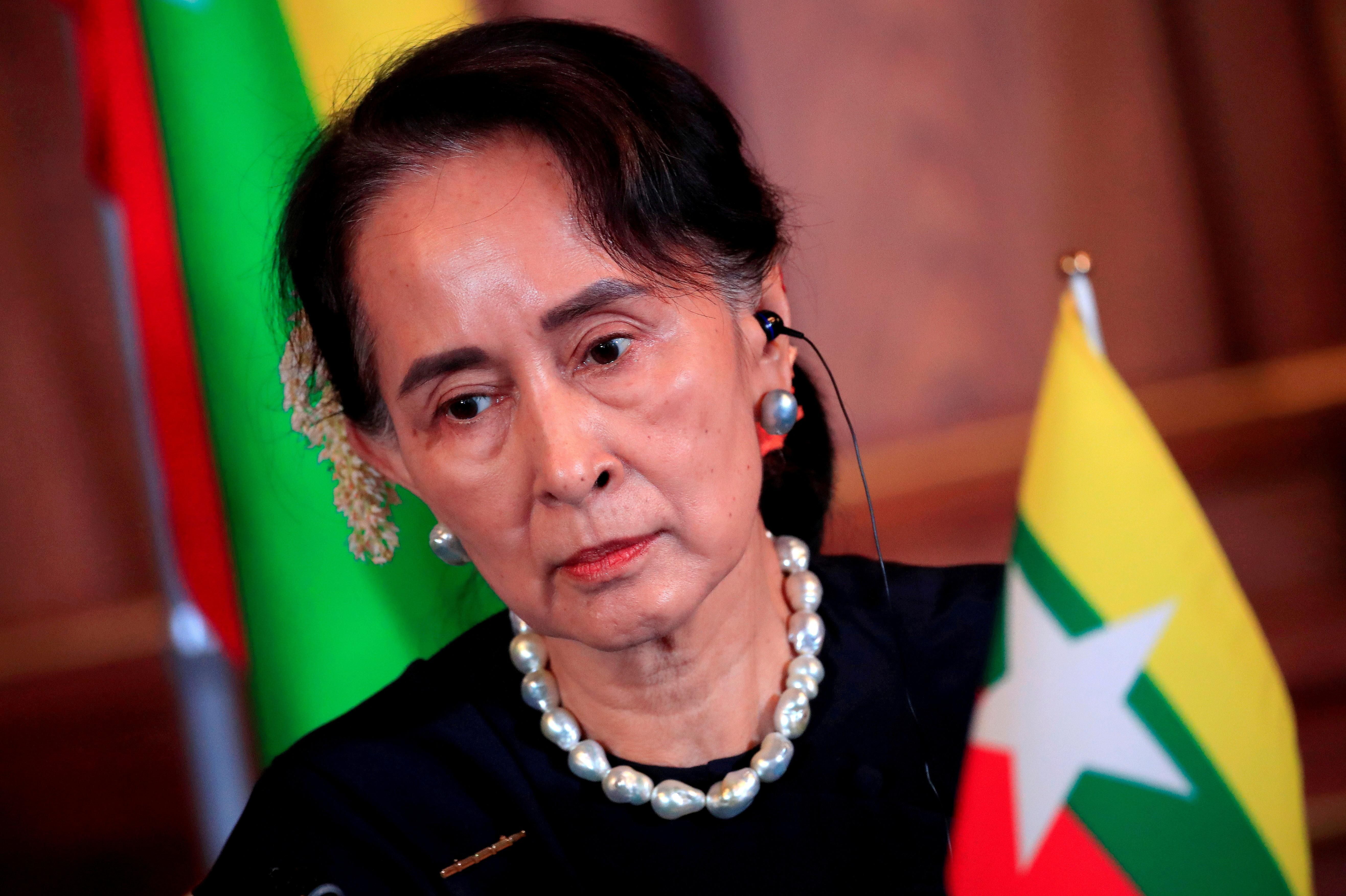December 05, 2021
Suu Kyi's first verdict handed down. On Monday, a Myanmar court sentenced deposed leader Aung San Suu Kyi to four years in prison for breaking COVID rules and incitement. Suu Kyi faces 11 charges in total, including corruption and leaking state secrets – which could land her in prison for more than 100 years. The UN has said the charges are a sham meant to secure the military junta’s hold on power. To date, the trial has been closed to the media, while Suu Kyi’s lawyers have also been banned from making public statements. Suu Kyi, who is seen by many in Myanmar as the only politician that can steer the country’s full democratic transition, has not been seen in public since the coup. Since then, the military has been accused of human rights violations for cracking down on peaceful anti-junta demonstrators, resulting in at least 1,200 deaths. Just this past weekend, the military rammed vehicles into a group of demonstrators, injuring dozens. The UN has warned that armed groups are training in jungles to overthrow the military, and that the country is on the cusp of full-blown civil war.
More For You
- YouTube
Who decides the boundaries for artificial intelligence, and how do governments ensure public trust? Speaking at the 2026 World Economic Forum in Davos, Arancha González Laya, Dean of the Paris School of International Affairs and former Foreign Minister of Spain, emphasized the importance of clear regulations to maintain trust in technology.
Most Popular
Moldovan President Maia Sandu speaks during a Council of Europe diplomatic conference to launch the International Claims Commission for Ukraine, aimed at handling compensation claims related to Russia's war in Ukraine, in The Hague, Netherlands, December 16, 2025.
REUTERS/Piroschka van de Wouw
The president of the tiny eastern European country has suggested possibly merging with a neighbor.
Hard numbers: US pitches “New Gaza,” Japan paves way for snap elections, “Sinners” smashes records, & More
Jan 23, 2026
Middle East negotiator and son-in-law of President Trump, Jared Kushner talks with Israeli diplomats following a joint press conference in the State Dining Room of the White House in Washington, DC, USA, 29 September 2025.
$25 billion: The minimum amount of investment required to fulfil Jared Kushner’s ambitious property plan for Gaza.
- YouTube
Who decides how much control a country should have over its technology? Speaking at the 2026 World Economic Forum in Davos, former UK Prime Minister Rishi Sunak discussed the balance between national sovereignty and global interdependence.
© 2025 GZERO Media. All Rights Reserved | A Eurasia Group media company.
